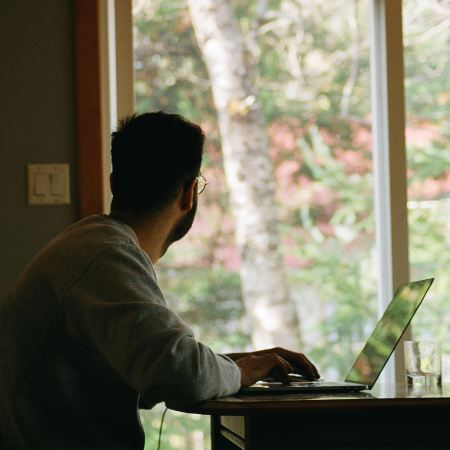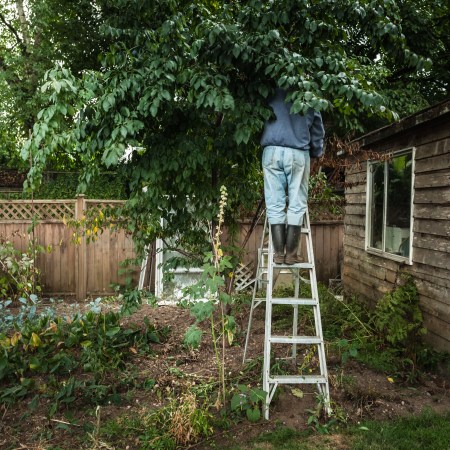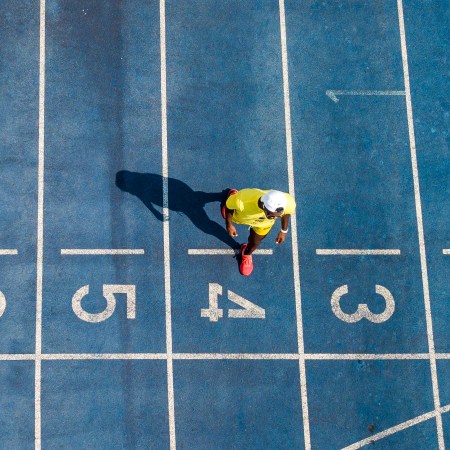In mid-April, the World Health Organization released a warning detailing the dangers of drinking too much during quarantine. Earlier in the month, research firm Nielsen had reported a 55% increase in sales of alcoholic beverages. That bump was to be expected for a crisis of COVID-19’s magnitude — drinking commonly increases after terrorist attacks and natural disasters, and shuttered bars meant consumption had to happen in the home — but early trends suggested to the WHO that the lockdown could create unhealthy drinking routines.
Five weeks later, it’s clear to many other medical professionals that they were right. According to a recent story in The New York Times, rituals that began back in late March, like “quarantinis,” Zoom happy hours, and Friday afternoon runs to liquor store, could be playing a role in developing widespread alcohol dependency and overconsumption. For many, the rationale behind these newfound traditions was positive — keep connections with coworkers or friends going, have a treat at the end of the day, distract one’s mind from the difficult headlines, try creating a craft cocktail — but any brand of preoccupation with alcohol is a concern, especially when backlit by an era of isolation, financial distress and disrupted sleeping habits.
That WHO release summed it up fairly well: “Alcohol is known to be harmful to health in general, and is well understood to increase the risk of injury and violence, including intimate partner violence, and can cause alcohol poisoning. At times of lockdown during the COVID-19 pandemic, alcohol consumption can exacerbate health vulnerability, risk-taking behaviours, mental health issues and violence.”
Polls have indicated that many Americans have continued to drink more than usual, especially as that consumption is occurring in the most familiar of arenas. Another drink is more easily justified at one’s house or apartment, where there is no credit card to put down, bouncer to reckon with or Uber to call home. There is also less social interaction — alcohol is easier to get right now than a hug — so the drink is the main event, and bed is always just a room away. For those unsure whether they’ve increased their alcohol consumption, or whether it’s having a negative effect, it can help to “check in” on weekly activities. How has work been going lately? Do you have enough energy to exercise? How many hours of sleep are you getting each night?
Consider calling friends or family for advice, or curbing your intake with small, digestible methods, like counting (or measuring out) your drinks, ditching hard liquor, or spending an evening or weekend doing something wildly different.
Subscribe here for our free daily newsletter.
Thanks for reading InsideHook. Sign up for our daily newsletter and be in the know.


















